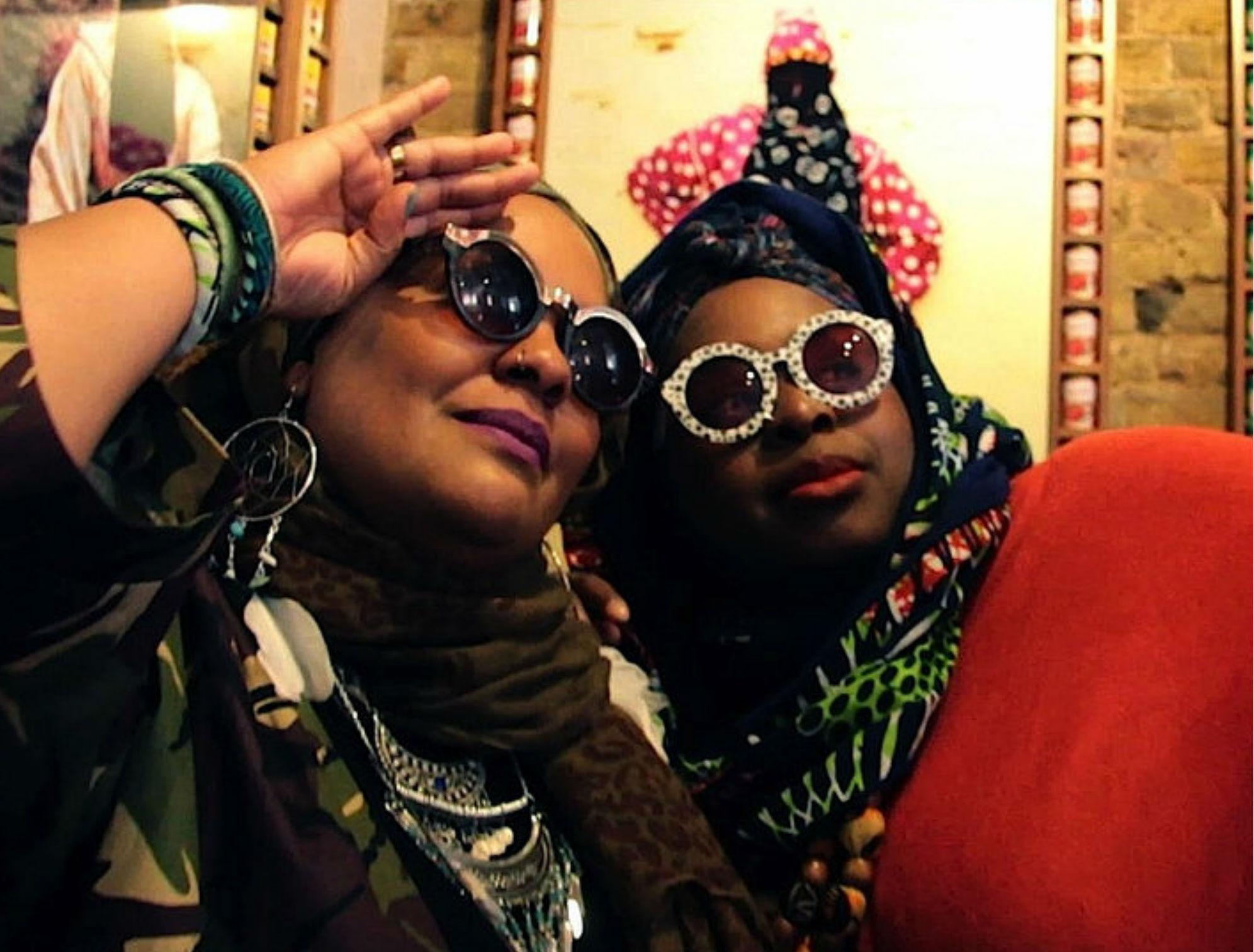I'm a black female Jamaican hip hop rapper - and I converted to Islam
For every open minded feminist I meet, there is another who thinks I am oppressed by either my father, or that my husband forces me to wear hijab - if only they knew I’m still on the lookout for one of those and my father is a non-religious Jamaican

Conversions to Islam always sparks curiosity in others, especially if the convert is someone who sits outside of their usual expectations of what a Muslim looks like. This is the case of the British ambassador to Saudi Arabia Simon Collis, and was also the case for me as a second generation black Jamaican hip hop rapper.
Growing up as the child of Jamaican parents in the 80s, Islam was the furthest thing from my mind. I was raised in the church but left because I had questions on race and gender that no one could answer. I was not the typical teen, I enjoyed partying but I would much rather play jazz or reggae in an incense filled room while discussing philosophy, world religions and the meaning of life. What finally pushed me was contemplating the life of Malcolm X and reading a book by Moroccan Feminist Fatima Mernissi. Their journeys to enlightenment intrigued me so much that I wanted to taste what they had.
I converted to Islam on 16 June 2005, three weeks before the 7/7 terror attack. Being concerned for the safety of my loved ones, like all Londoners, I did not realise those tragic events would impact so deeply on my experience of conversion.
I remember how society responded to me prior to my conversion. I was a girl about town and although I encountered racism and sexism I walked about hassle free, whereas now I face anything from micro-aggressions to complete disdain. For me, this is even more troubling than the overt Islamophobic name calling on the internet. That I can put down to bigotry, whereas the small everyday hostility from seemingly normal people speaks of the changing climate in the UK.
The additional element black often means I have to deal with discrimination from fellow Muslims. Despite the fact that Islam has a long history in Africa, there is a pervading idea that Arabs and Asians are “The True Muslims”. Although the Koran teaches differently, we are not at a point where enough meaningful dialogue has occurred in order to ensure the text and everyday attitudes of people are in alignment, so racism prevails.
It has been said my hip-hop group Poetic Pilgrimage has feminist tendencies and this is something I am still grappling with. Yes it’s true there is definitely a theme of female strength and dignity in our music, however since wearing a headscarf as a woman of colour, I am starting to wonder if feminism is really about all women expressing themselves. For every open minded feminist I meet, there is another who thinks I am oppressed by either my father, or that my husband forces me to wear hijab (if only they knew I’m still on the lookout for one of those and my father is a non-religious Jamaican).
A model that really gives me hope for the future is hip-hop, this community has always been embracing and inclusive - even the underdog is welcomed as long as they honour the culture. Through this genre my group has been able to break more stereotypes than any government policy. In the spirit of this, the one hope for the UK’s future that I see is an increased diversity of Muslims in the mainstream media. Not just token a black, female, disabled, elderly or Muslim voices, but a true reflection of the amazing wealth of experience one religion can include.